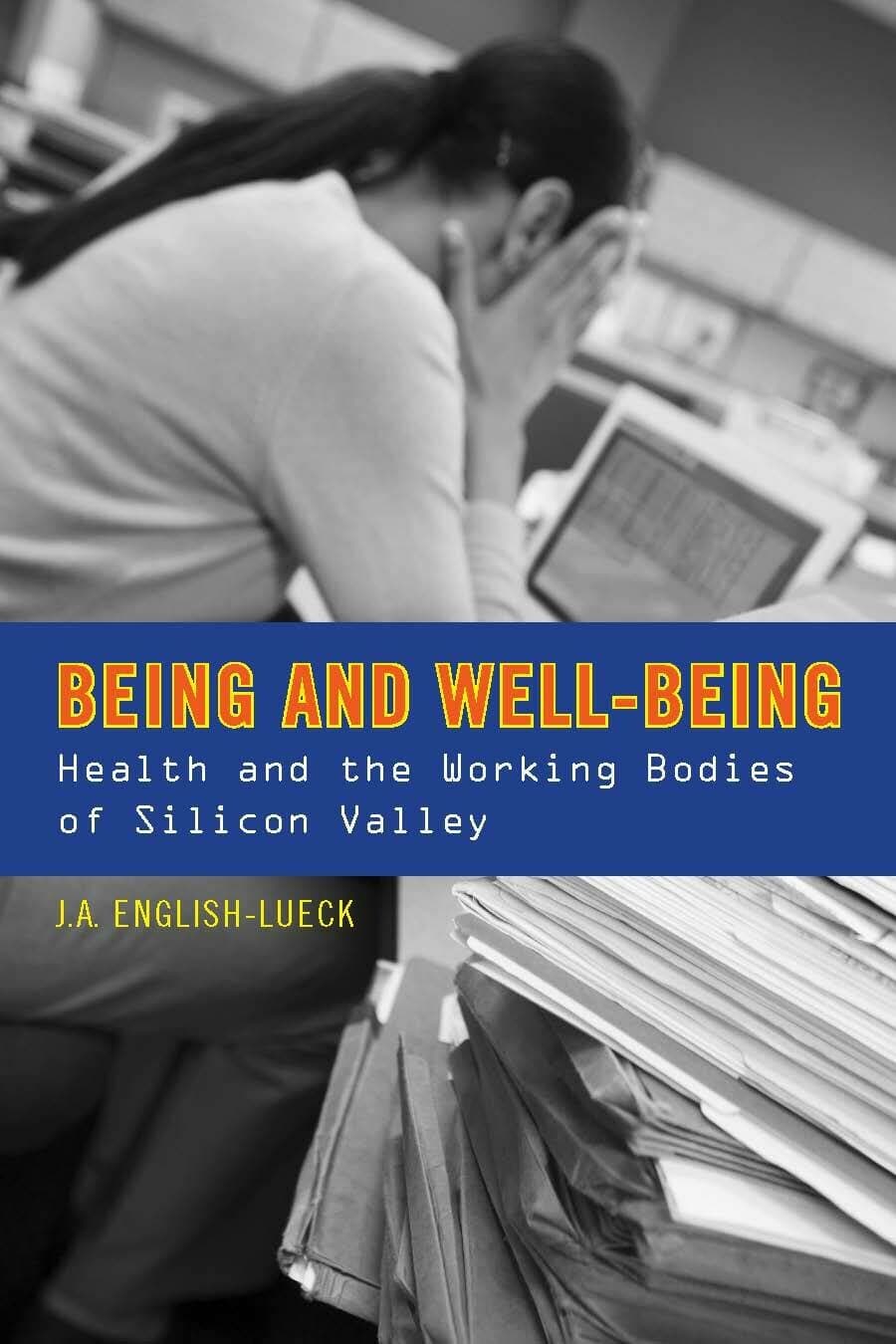Disorder and Diagnosis
Also Available from

Disorder and Diagnosis offers a social and political history of medicine, disease, and public health in the Persian Gulf from the late nineteenth century until the 1973 oil boom. Foregrounding the everyday practices of Gulf residents—hospital patients, quarantined passengers, women migrant nurses, and others too often excluded from histories of this region—Laura Frances Goffman demonstrates how the Gulf and its Arabian hinterland served as a buffer zone between "diseased" India and white Europe, as a space of scientific translation, and, ultimately, as an object of development.
In placing health at the center of political and social change, this book weaves the Gulf and Arabian Peninsula into global circulations of commodities and movements of people. As a collection of institutions and infrastructures, pursuits of health created shifting boundaries of rule between imperial officials, indigenous elites, and local populations. As a set of practices seeking to manipulate the natural world, health policies compelled scientists and administrators to categorize fluid populations and ambiguous territorialities. And, as a discourse, health facilitated notions of racial difference, opposing native uncleanliness to white purity and hygiene, and indigenous medicine to modern science. Disorder and Diagnosis examines how Gulf residents, through their engagements with health, fiercely contested and actively shaped state and societal interactions.
—Elise Burton, University of Toronto
"Disorder and Diagnosis is a pioneering social history of the Arabian littoral of the Persian Gulf. Laura Goffman convincingly demonstrates that disease and public health were central to political projects and imaginaries, and illustrates how medical history is an illuminating lens to trace mobility and connectivity even prior to the oil boom of the 1970s."
—Arang Keshavarzian, New York University
"Laura Goffman takes us on a medical tour across the Gulf region and centers the experiences of everyday people in a clear, cogent, and captivating narrative. Challenging nationalist historiographies,showing a rich panorama of approaches to health, this is a brilliant addition to the history of medicine, disease, and the body in the modern Middle East."
—Beth Baron, The City University of New York




